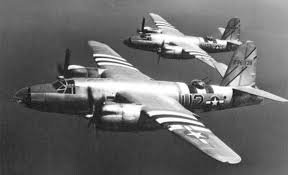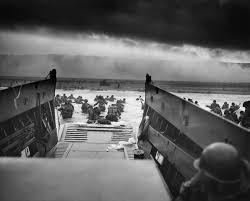D-Day: A Turning Point in World War II History

Introduction
D-Day, marked as June 6, 1944, represents one of the most critical junctures in world history. This day heralded the Allied invasion of Nazi-occupied Europe during World War II, engaging more than 150,000 troops on the beaches of Normandy, France. Understanding the importance of D-Day not only offers insight into military strategy but also highlights the bravery and sacrifices made during a dark chapter in human history.
The Invasion of Normandy
The invasion began in the early hours of June 6, 1944, with a massive and unprecedented aerial and naval bombardment, followed by the landings on five beach sectors: Utah, Omaha, Gold, Juno, and Sword. Each beach presented unique challenges due to the German fortifications and the rough sea conditions. Despite heavy casualties, particularly at Omaha Beach, the successful landings established a vital foothold for the Allies in Europe.
Casualties and Heroism
Over the course of D-Day, the Allies suffered approximately 10,000 casualties, with around 4,414 confirmed dead. These numbers underscore the high stakes and the intense fighting that characterized the operation. Notable acts of heroism were witnessed across the beaches, with soldiers displaying extraordinary courage under fire to secure a lasting victory against fascism.
The Aftermath and Significance
The successful landings on D-Day enabled the Allies to begin their campaign to liberate Western Europe from Nazi occupation. This pivotal moment necessarily set the stage for the liberation of France and ultimately contributed to the downfall of Hitler’s regime in May 1945. The significance of D-Day extends beyond military victories; it symbolizes the cooperation among the Allied forces and the collective commitment to democracy and freedom.
Concluding Thoughts
As we approach the 80th anniversary of D-Day in 2024, it becomes ever more crucial to remember and honor the sacrifices made by those who fought. D-Day stands not just as a military achievement but as a reminder of the resilience of the human spirit in the face of tyranny. Future generations must continue to study, recognize, and commemorate the lessons learned from this historic day to ensure that such sacrifices are never forgotten and that freedom is preserved worldwide.









